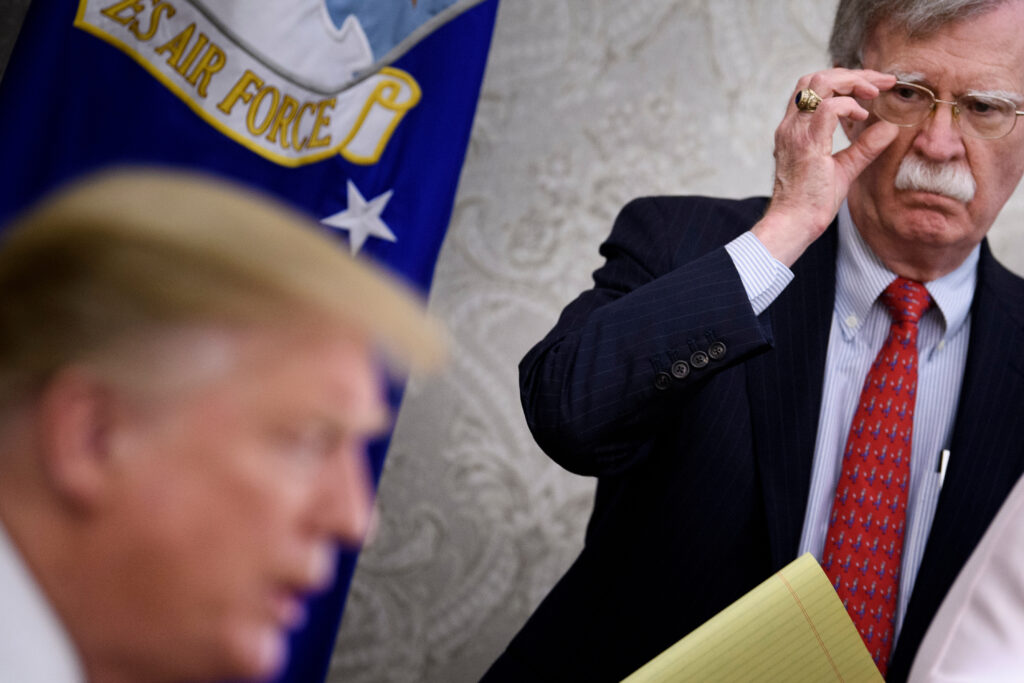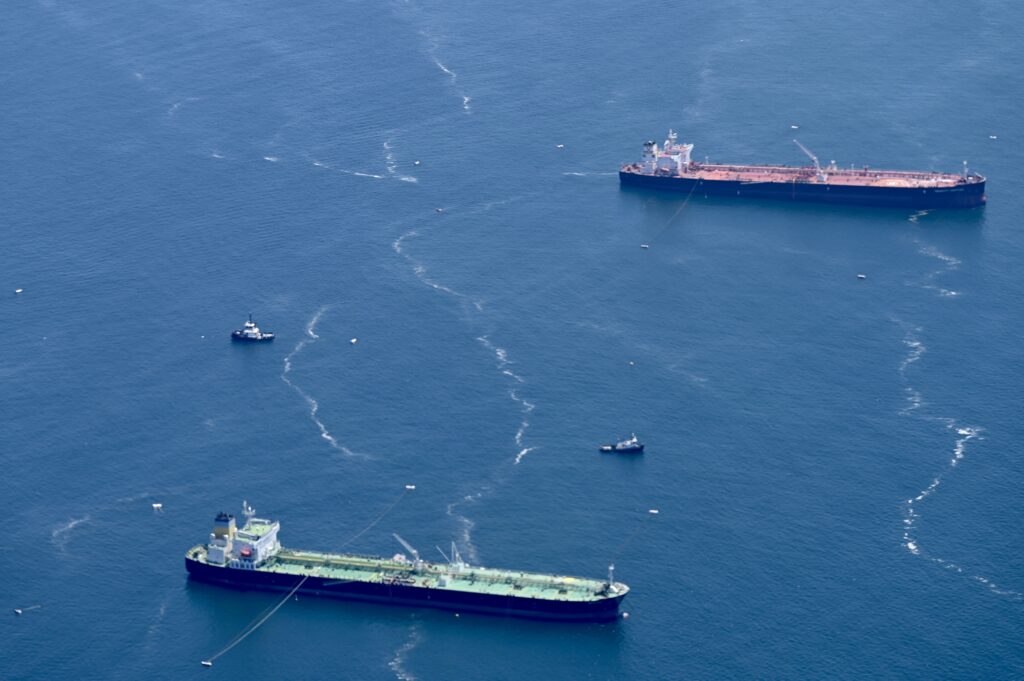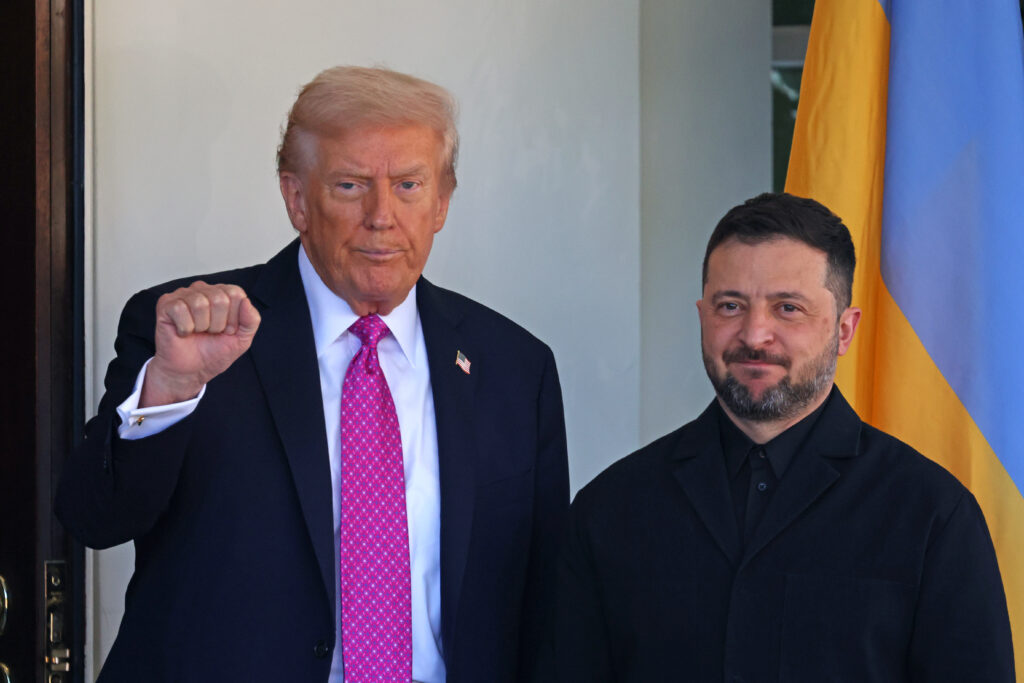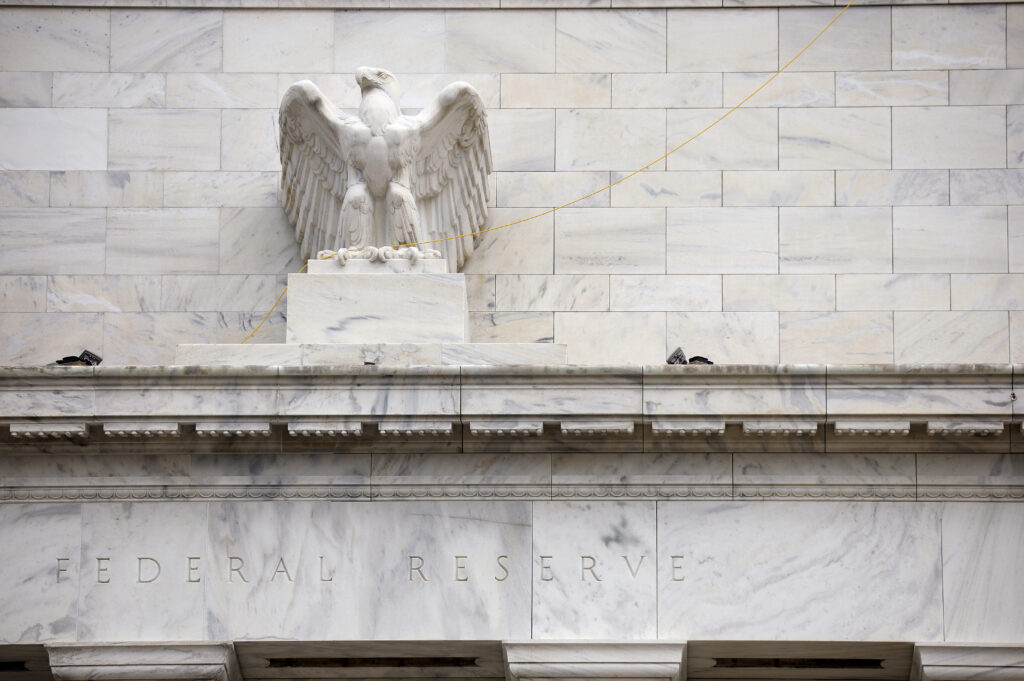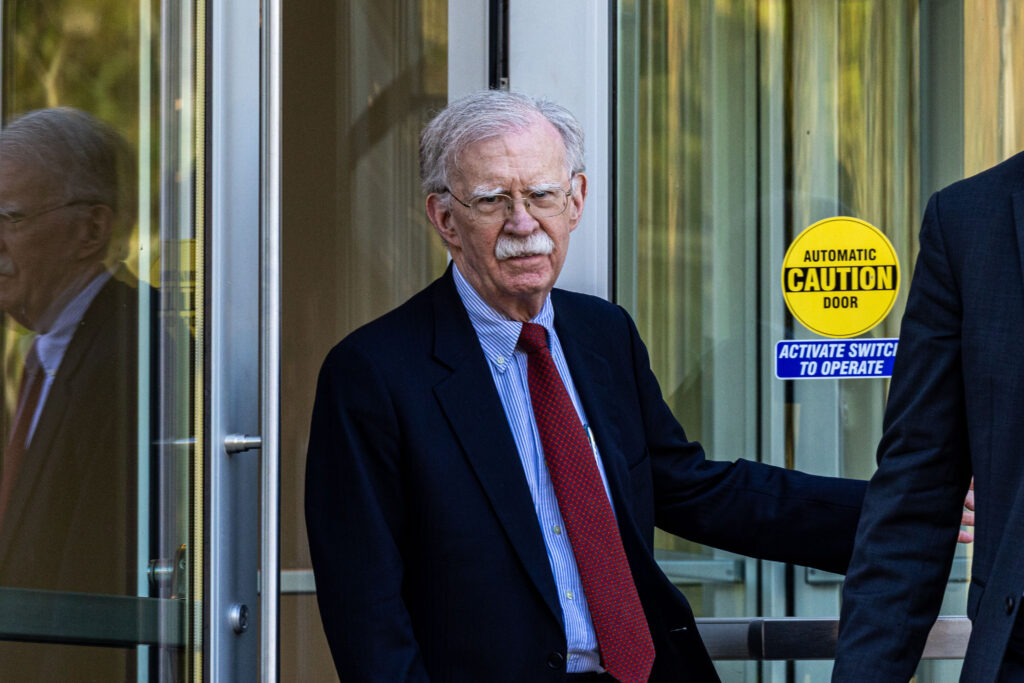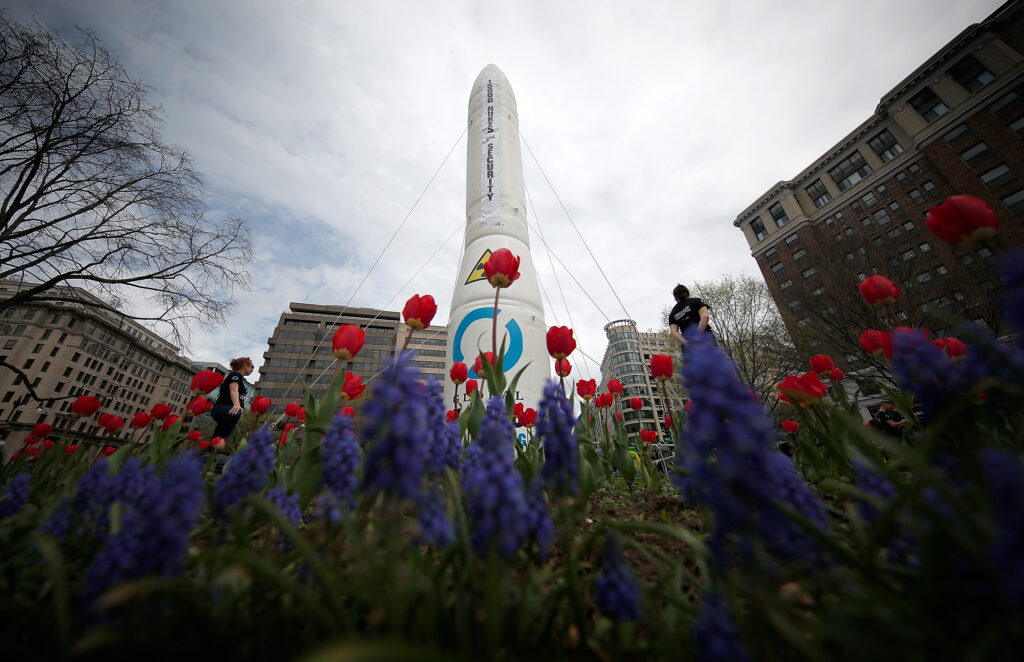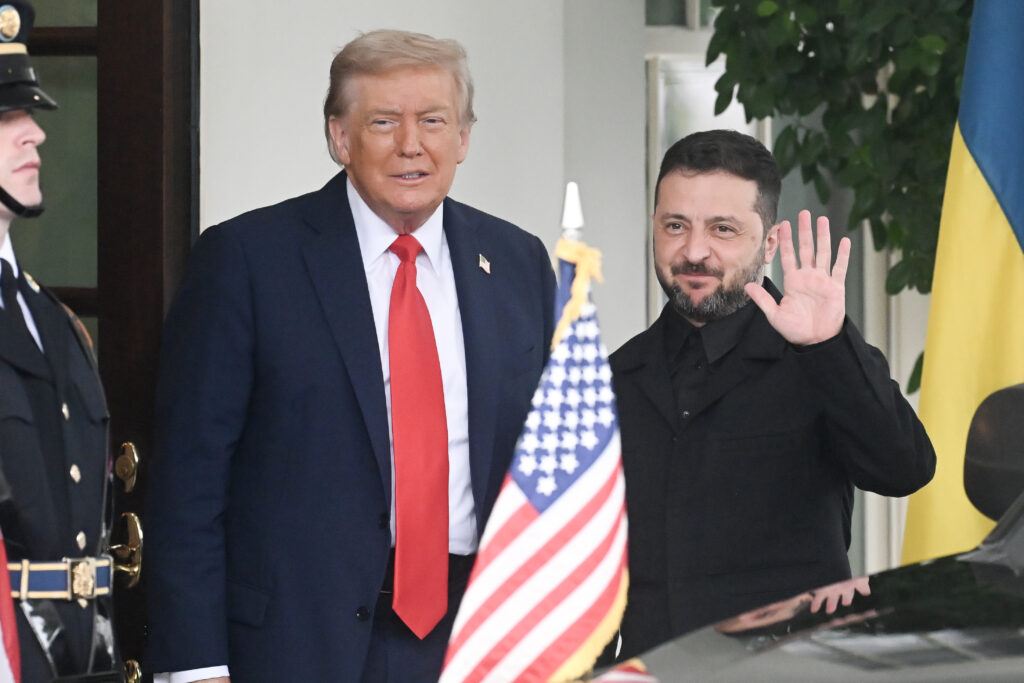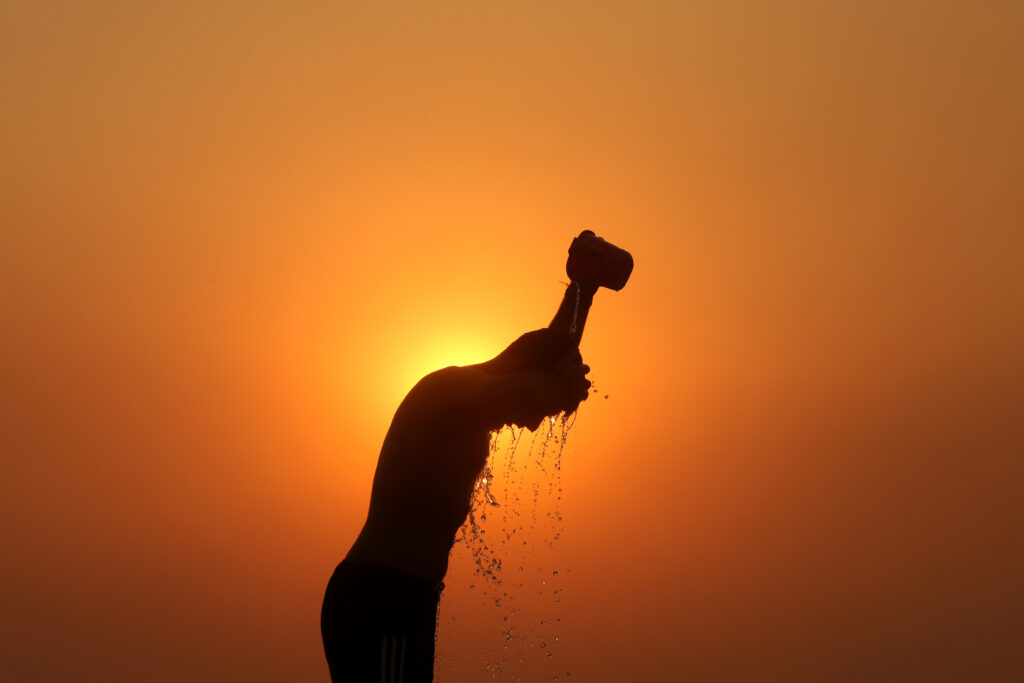John Bolton: national security hawk turned Trump foe
John Bolton has spent decades navigating the halls of power in Washington, earning a reputation as a leading foreign policy hawk.The veteran diplomat with the trademark bushy white mustache unrepentantly pushed the Iraq invasion and campaigned to bomb Iran and North Korea.Bolton was semi-retired and working as a talking head on Fox News when he was tapped by the television-loving Donald Trump in 2018 to become his national security advisor.But what appeared to be his dream job ended with Bolton becoming one of the Republican president’s fiercest critics and has now seen him indicted for allegedly mishandling classified information.The 76-year-old Bolton pleaded not guilty in a federal court in Maryland on Friday to 18 counts of transmitting or retaining top secret national defense information collected during his short-lived tenure at the White House.His indictment comes after two other prominent Trump foes — New York Attorney General Letitia James and former FBI director James Comey — were also slapped with criminal charges.While other former Trump advisors have kept respectful silences or narrowly tailored their critiques, Bolton wrote a blistering memoir after leaving the White House challenging Trump’s intelligence, ethics and basic competence.- Odd couple -Trump had already cycled through two national security advisors during his first term when he named Bolton to the post.The match appeared odd from the start.Trump was born into wealth and privilege while Bolton, the son of a working-class Baltimore firefighter, earned high school scholarships and eventually a place at elite Yale University, where he obtained a law degree.Trump took office railing against the so-called “Deep State,” while Bolton is a master of Washington’s bureaucracy, having served in top government positions since Ronald Reagan was president.And Trump is wary of involvement in foreign conflicts, whereas Bolton has long advocated taking a hard line with countries such as Cuba, North Korea, Venezuela and Iran, a stance which has reportedly earned him death threats from Tehran.Where Trump and Bolton found common cause was in a passion for fighting global institutions such as UN agencies and the International Criminal Court.In one of Bolton’s most memorable remarks, he dismissed the United Nations in a 1994 speech, quipping that if the 38-floor secretariat in New York “lost 10 stories, it wouldn’t make a bit of difference.”That did not stop George W. Bush from making him US ambassador to the United Nations, although the president controversially bypassed the Senate where opposition to Bolton ran deep.- ‘Unfit to be president’ -Foreign policy disagreements — particularly over Iran and Trump’s engagement with North Korean leader Kim Jong Un — led to Bolton’s departure as Trump’s national security advisor in September 2019.The president claimed he was fired, but Bolton insisted that he had resigned.Bolton earned Trump’s lasting ire soon afterwards with the publication of his highly critical book, “The Room Where It Happened.”He has since become a highly visible and pugnacious detractor of Trump on television news programs and in print, condemning the man he has called “unfit to be president.”Trump, asked about Bolton’s indictment by reporters at the White House on Thursday, said his former national security advisor is a “bad guy.””That’s the way it goes,” Trump said.
